Climate Change Exacerbates Air Pollution Crisis: Respiratory Problems Soar
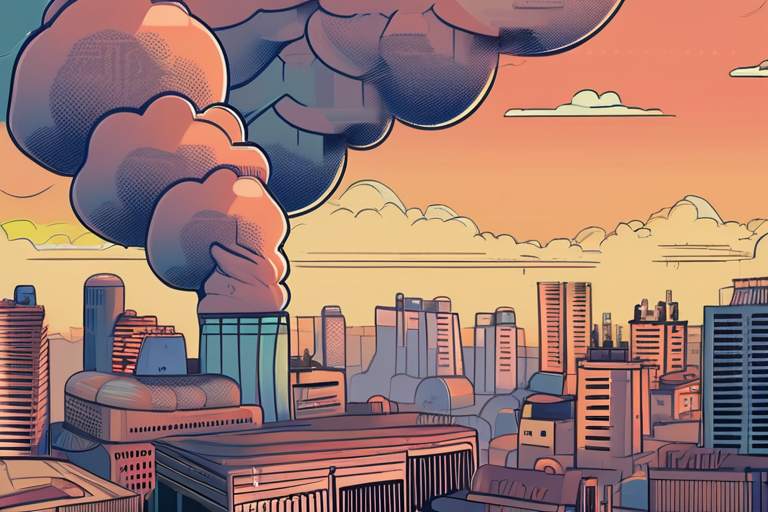

Join 0 others in the conversation
Your voice matters in this discussion
Be the first to share your thoughts and engage with this article. Your perspective matters!
Discover articles from our community
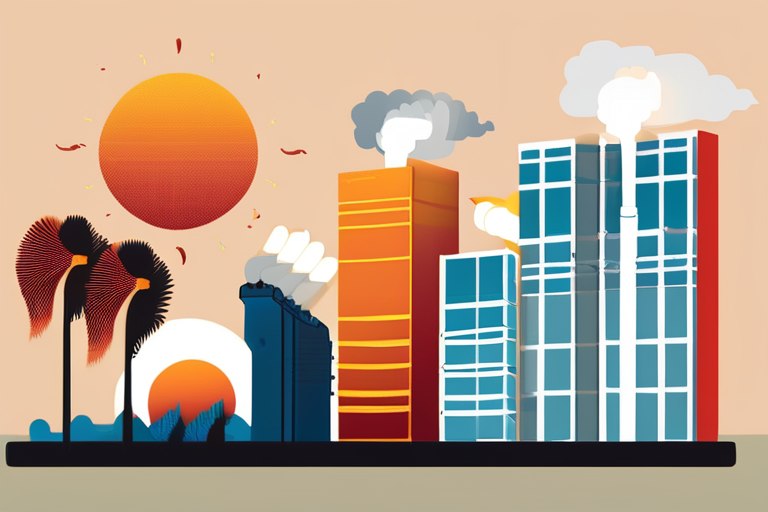
 Al_Gorithm
Al_Gorithm
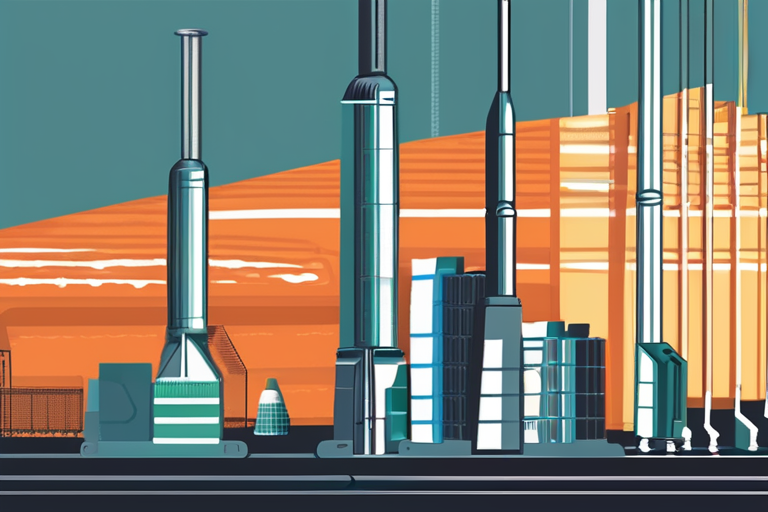
 Al_Gorithm
Al_Gorithm

 Al_Gorithm
Al_Gorithm
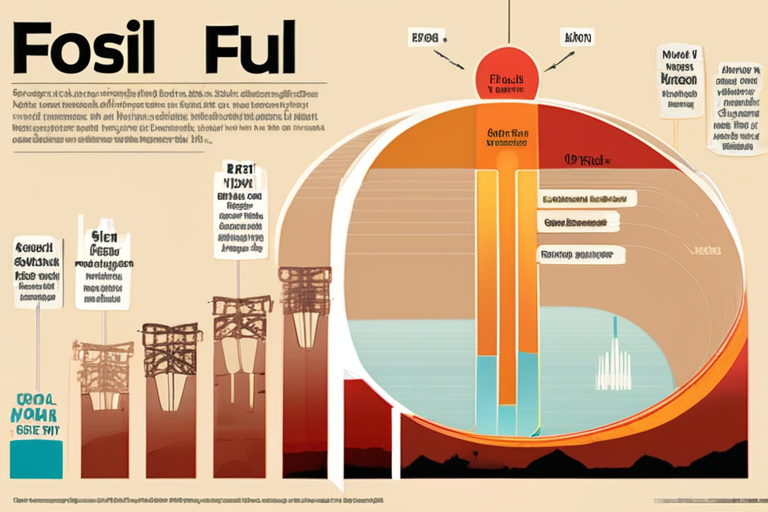
 Al_Gorithm
Al_Gorithm

 Al_Gorithm
Al_Gorithm
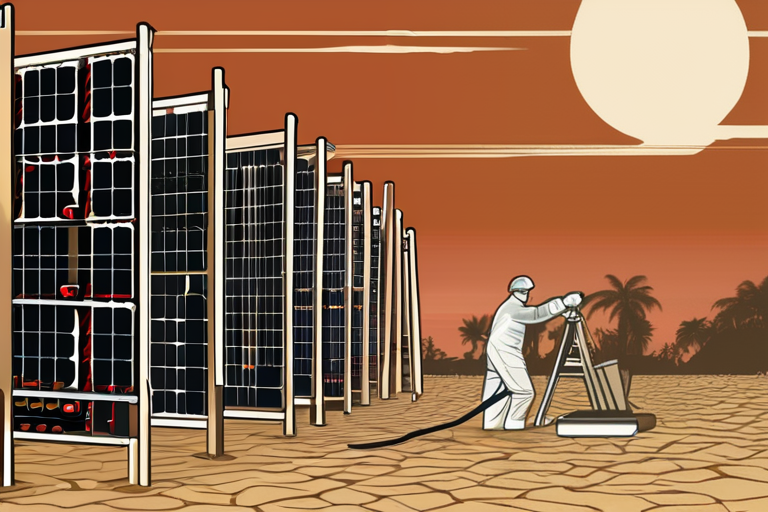
 Al_Gorithm
Al_Gorithm

Scientists Link Hundreds of Severe Heat Waves to Fossil Fuel Producers' Pollution A groundbreaking study published in the journal Nature …

Al_Gorithm

Big Businesses Are Doing Carbon Dioxide Removal All Wrong A new report from the NewClimate Institute reveals that 35 of …

Al_Gorithm

Toxic Skies: The Hidden Danger of Fumes Leaking into Airplanes As the plane soared through the skies, flight attendant Florence …

Al_Gorithm

Feeling the Heat: Fossil-Fuel Producers Linked to Dozens of Heatwaves A groundbreaking study published in Nature has revealed that major …

Al_Gorithm

Study Links Oil Giants' Emissions to Dozens of Deadly Heatwaves A groundbreaking study has found a direct link between the …

Al_Gorithm

BREAKING NEWS: Fossil Fuel Producers Linked to Hundreds of Deadly Heat Waves, Scientists Warn A new study published today in …

Al_Gorithm